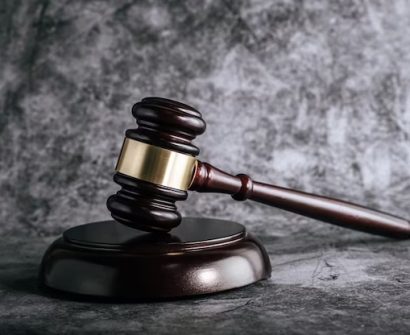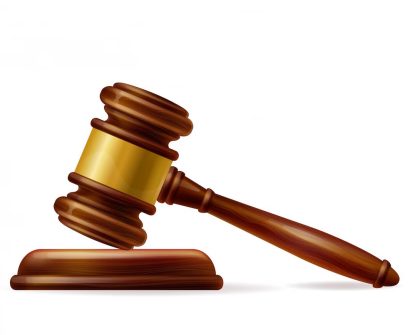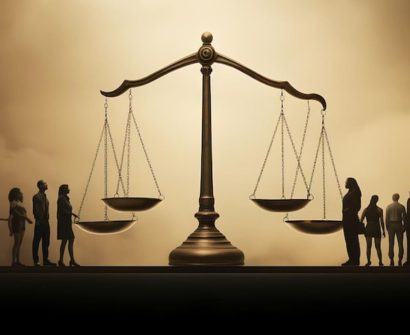
Voting rights constitute a necessary thread that binds together the aspirations, principles, and voices of the people in the intricate textiles of democracy. It is more than an advantage; rather, it is the fundamental pillar around whom democracy is formed. Every vote cast is just a beat away from democracy’s core, representing the citizenry’s collective will.
Right to Vote
- In any democracy, the Right to Vote is a fundamental right. Giving people a voice in who leads them and how they are governed is the cornerstone of our democracy.
- Voting guarantees that all citizens’ views are taken into account and that their interests are reflected in government, making it both a right and a responsibility.
- Voting is not only a privilege but also a fundamental human right. The 1948 Universal Declaration of Human Rights and the 1966 International Covenant on Civil and Political Rights both provide protection for it. National constitutions safeguard the right to vote in numerous nations.
voting rights in india
Here is an overview of some of the Indian Constitution’s given rights when it comes to voting.
- Right to Know: Each and every voter is entitled to information regarding the candidates contesting the election.
- Right Not to Vote (NOTA): Voters are now able to decline to cast a ballot; this is recorded in the system as NOTA (None of the above).
- Special Assistance to Ill and Uneducated Voters: In accordance with the Election Code’s guidelines, voters who are incapable of using a postal ballot due to a physical disability or other infirmity may request special assistance from the electoral officer, who will then record their vote.
- Tendered Votes: This is when a voter registers and attempts to cast a ballot after another person has done so in his place.
right to vote article 326
- Despite being essential to a democratic system, the Indian Constitution does not specifically list the Right to Vote as a fundamental right.
- Rather, it is recognized indirectly by means of Article 326, which discusses elections to the State legislative assemblies and the House of the People using adult suffrage.
- According to this article, every Indian citizen over the age of 18, barring those excluded by the Constitution or the legislation for non-residence, mental insanity, criminal activity, or unlawful activities, is qualified to register to vote.
- Despite not being included in the list of fundamental rights, this clause suggests that voting rights are derived from the Constitution.
fundamental rights to vote: Voters’ Eligibility
In order to be eligible to vote in the nation, an individual must meet the eligibility requirements listed below:
- He is required to be a citizen of India.
- reached the legal age of eighteen, meaning he needs to be a major.
- An individual of sound mind
- must not be prohibited by the courts or the law.
In line with the voting procedures:
- Voting is limited to one voter per person.
- The required document is a voter ID card, EPIC card, or photo identity election card.
- A voter may only cast a ballot in the constituency in which they currently reside.
voting rights in india: Case Rulings
- In the case of Jyoti Basu & Ors v Debi Ghosal & Ors, the paradox that voting, which is essential to democracy, is neither a basic nor a common law right was recognized by the Supreme Court. It made clear that laws such as the RP Act are the only ones in charge of rights relating to elections.
The Court emphasized that voting is not a fundamental right under the Indian Constitution or a right recognized by common law, even though it acknowledged that voting is crucial to the democratic fabric of the country. It was emphasized once more that the ability to vote is solely a legislative creation, subject to the restrictions and requirements imposed by the government.
- In the case of Peoples Union for Civil Liberties v UOI, it delivered the historic ruling giving the nation’s citizens the ability to refuse candidates in any election.
It requested that the electoral commission include the choices “none of the above” and “right to negative vote” on ballots that are used in the voting process or in Electronic Voting Machines (EVMs). It was held that voters need to have the option to abstain from voting for any candidate if they believe none of them are deserving of their support.
right to vote in india: Reforms
- A more scientific approach to studying voter behaviour and the introduction of the “NOTA” Option, which gives voters the option to not choose any nominated candidate, are two recent innovations.
- On National Voters’ Day, new voters are taught the value of casting a ballot and their obligation to do so.
- The Indian Election Commission has put in place Model Polling Booths to accommodate women, children, and senior citizens, and it also prioritizes accessibility for underprivileged populations.
- To close participation gaps, the Systematic Voter’s Education and Electoral Participation program was created.
- Further modifications to the Indian Election System include the legalizing of elections by candidates disclosing their criminal histories and the installation of VVPAT devices for transparency.
Right to Vote FAQs
- What word means the right to vote?
The right to vote in public, political, and referendum elections is known as suffrage, political franchise, or simply franchise (although the phrase is frequently used to refer to any right to vote).
- Who all got the right to vote for the National Assembly?
Voters selected a group of electors, who then selected the Assembly. But not every person was entitled to vote. Men over 25 who paid taxes equivalent to at least three days’ worth of labourer’s wages were the only ones granted the status of active citizens, meaning they could cast ballots.
- What is the opposite of the right to vote?
Disfranchisement, also known as voter disqualification or disenfranchisement (which has increased in frequency since 1982), is the restriction of a person’s or a group’s suffrage, or a behaviour that has the effect of preventing a person from exercising their right to vote.
- Which principle gave the right to vote to all citizens?
The right to vote for all adult citizens of the nation is guaranteed by universal adult franchise, also known as universal adult suffrage, which prohibits discrimination on the grounds of caste, colour, creed, or religion.
- Who fight for women’s voting rights in India?
Sarojini Naidu brought women’s rights to the attention of the Congress party, introducing resolutions in Bijapur and Bombay Congress sessions that called for women to have the right to vote. The first success was the Government of India Act 1919, which gave women’s suffrage the authority to be granted by provincial legislatures.
- What is article 326?
According to Article 326 of the Constitution, every State’s Legislative Assembly and House of Representatives elections shall be held on the basis of adult suffrage, meaning that candidates must be at least 35 years old.
- Which Online rjs coaching is best for RJS preparation?
The reputable Jaipur Online rjs coaching program “Jyoti Judiciary Coaching” aids students in getting ready for the RJS exam. A systematic approach to RJS test preparation is made possible by Jyoti Judiciary, the top offline and online RJS coaching program in Jaipur. Their curriculum has been carefully designed to cover all the subjects and courses required for passing the Rajasthan Judicial Service Examinations.
- Which coaching is best for judiciary?
The most effective judiciary coaching in Jaipur is provided by Jyoti Judiciary Coaching. The objective is to create a comfortable learning environment for the students. It makes the difficult task seem easy, which increases the likelihood of achieving the desired outcome. The objective at Jyoti Judiciary is to give students the best possible education possible. The Institute pledges to use every resource at its disposal to provide you with the finest preparation for the Judicial Services entrance examinations.
With the goal of giving students the best coaching available for law entrance exams including the CLAT, AILET, and various other numerous state judiciary exams, Jyoti Judiciary Coaching, India’s Finest educational Platform, was established. Come enrol now with Jyoti Judiciary!
For any latest news, legal topics, judiciary exams notifications, patterns, etc watch Jyoti Judiciary’s YouTube channel for legal videos for any updates at https://youtube.com/@jyotijudiciarycoaching4852?si=2cwubh9d2A9urwJf









